The ‘Lost Farms’ consist of nearly 50 farm ruins, all traditional stone longhouses, originally built in the 17th and 18th centuries on Brinscall Moor. Drinkwaters was a working farm until the 1930s.
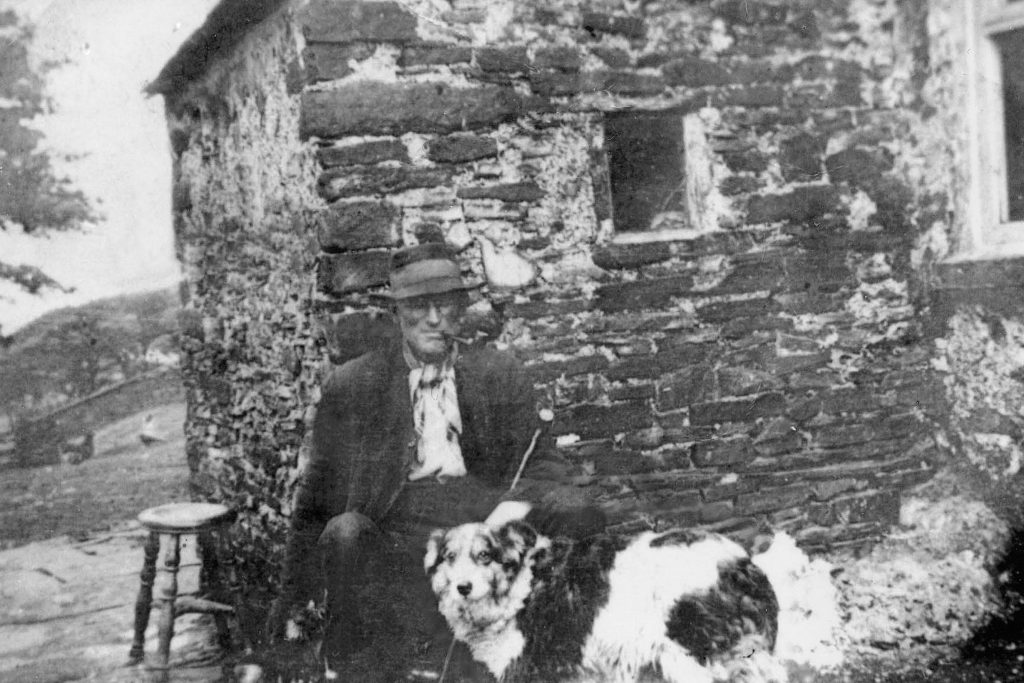
Then
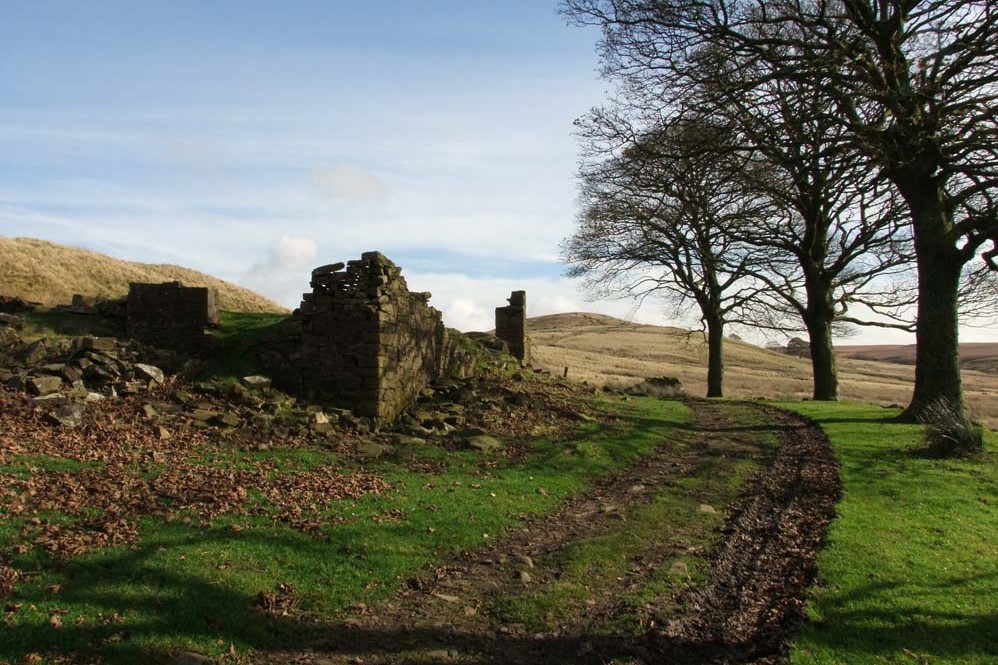
Now
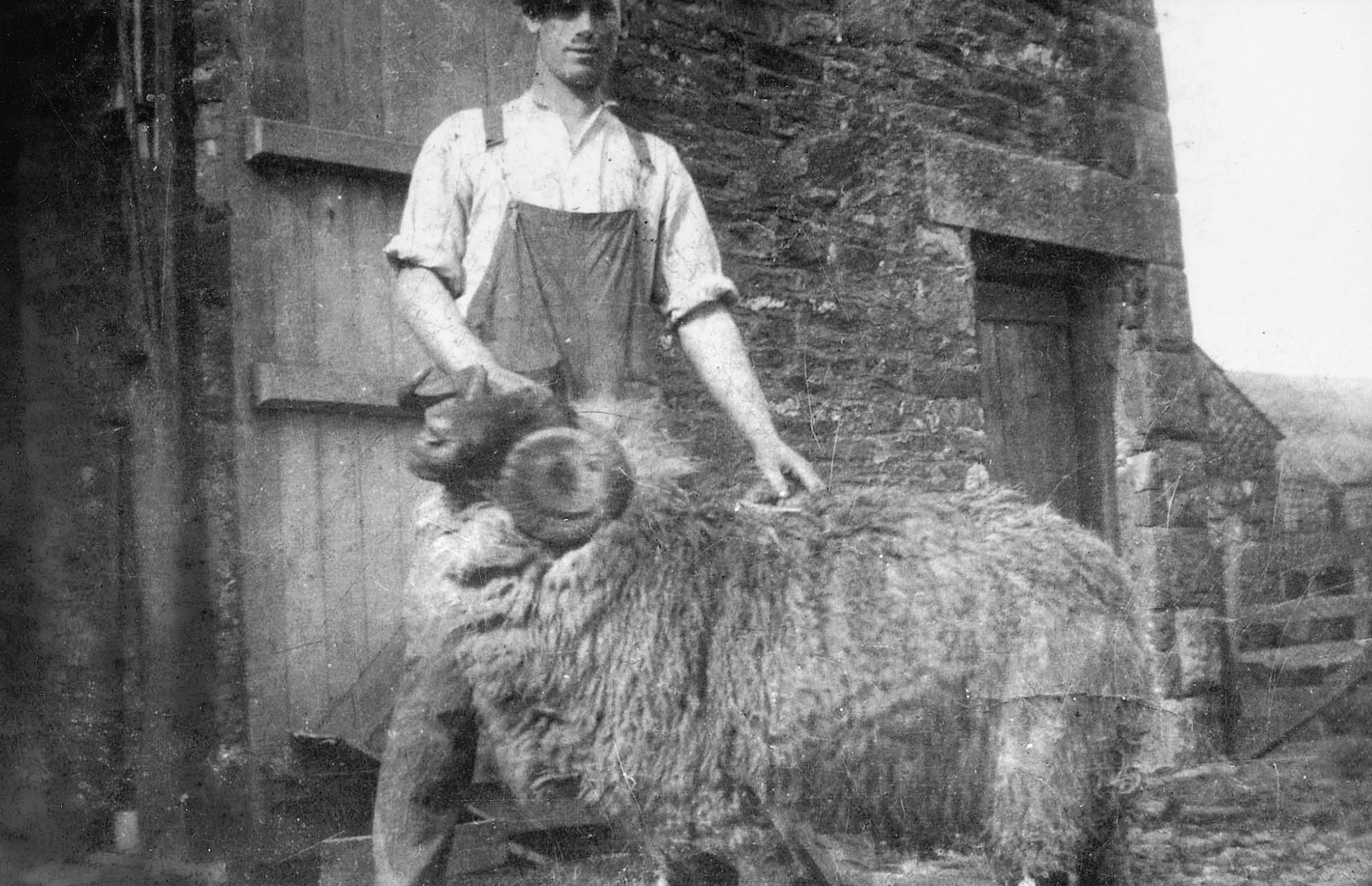
Harold Mayor during sheep shearing at Drinkwaters around 1930.
Drinkwater’s was originally just a two bay house with a barn. The house
had a south facing porch. Later, the barn was enlarged and a cottage
added onto the west end of the house, supplying two extra rooms.
You might be able to see the division between the Bibby’s house and
the Jackson’s cottage as no attempt was made to integrate the
stonework in 1881. They just added a line of mortar to fill the gap
between them!
If you look on the lower side of the path you will find the spring which
supplied fresh water to the farm
Listen to interviews
The Mayor family lived at Drinkwater’s in the 1930s, before moving to Ratten Clough. It was abandoned and then rumoured to have been used as artillery target practice by the army during the Second World War.
Joseph and Elizabeth Jackson farmed at Drinkwater’s in 1851 aged 45 and 29 and were still helping 30 years later when William and Mary Bibby were running the 48 acre farm.
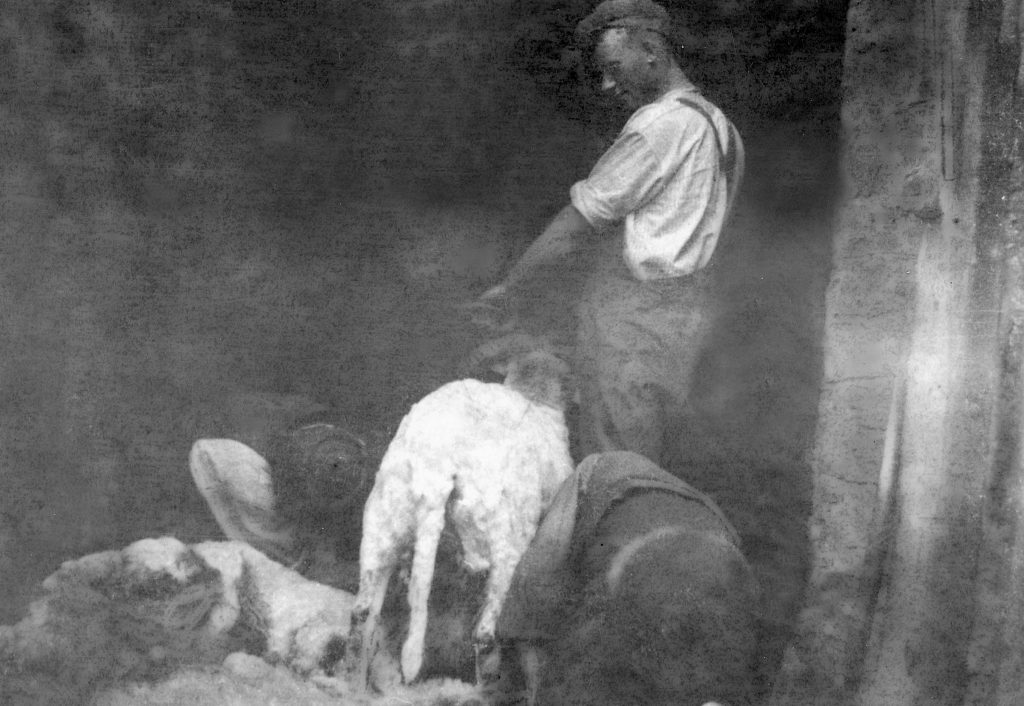
Harold Mayor shearing sheep.
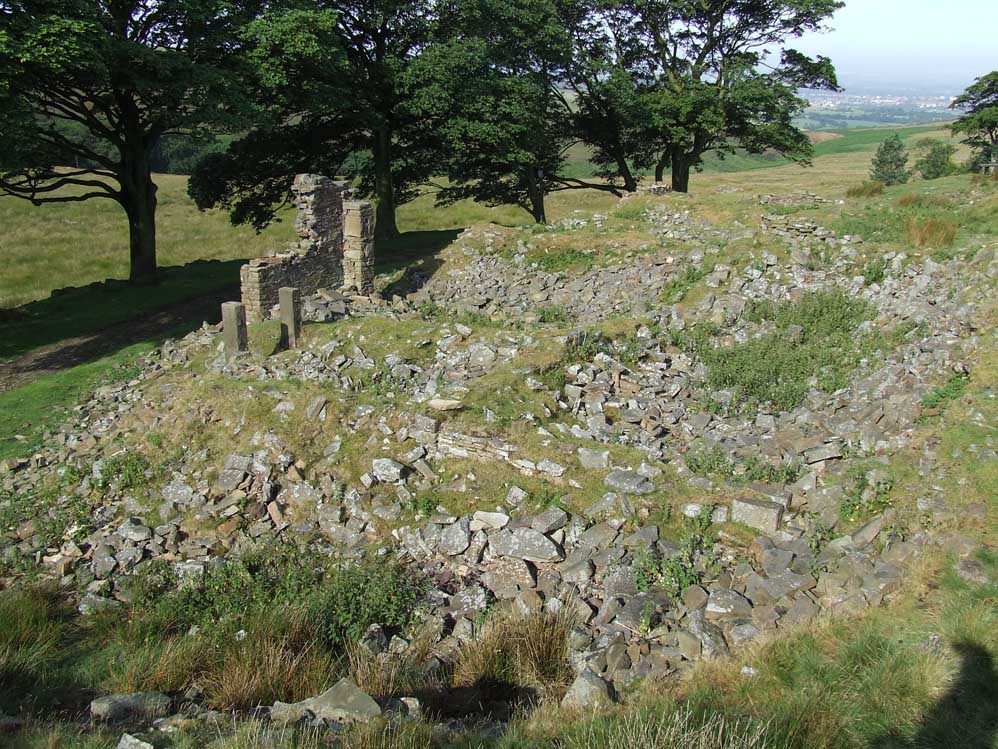
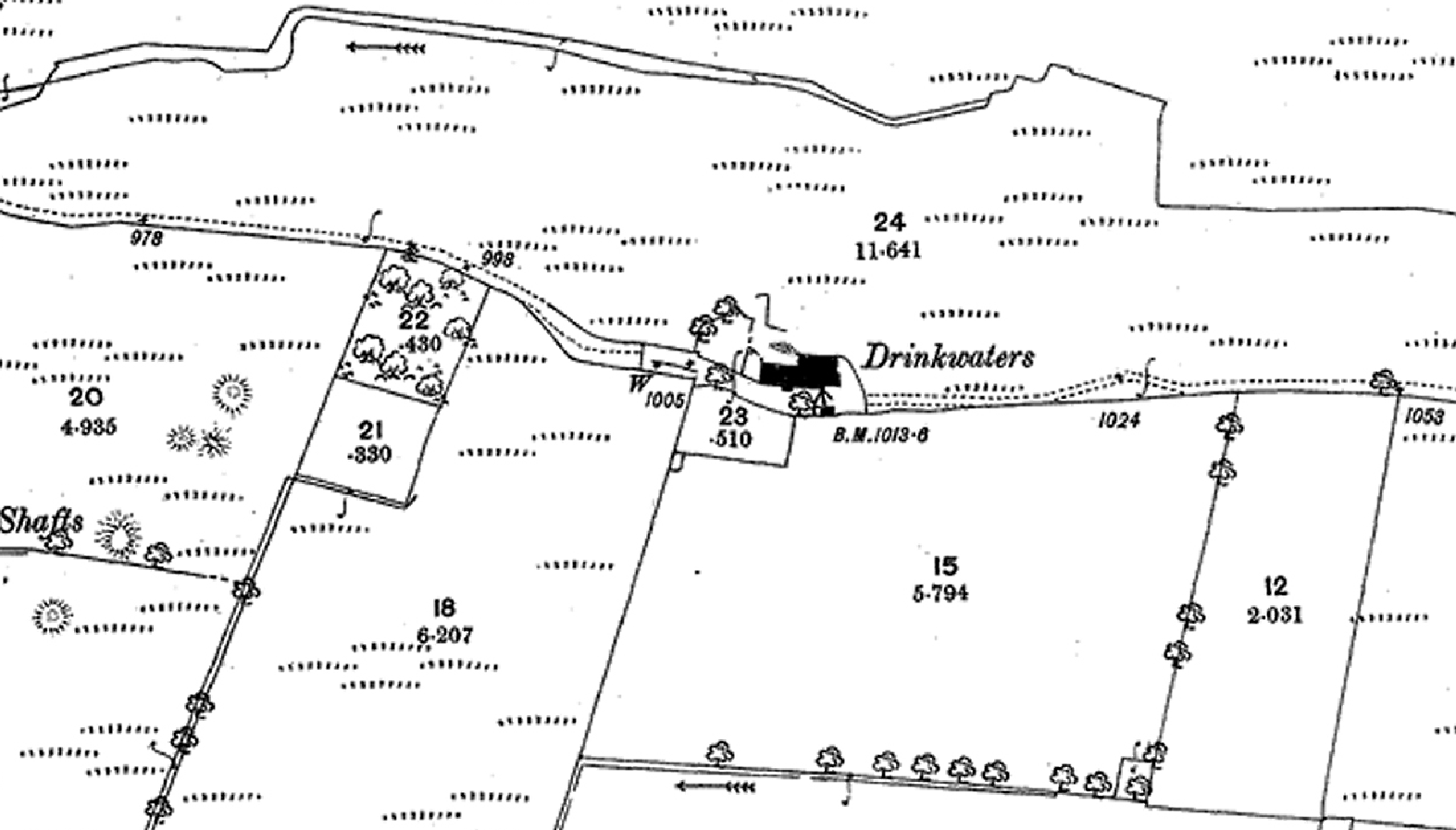
This project was largely inspired by David Clayton’s book, ‘The Lost Farms of Brinscall Moors’, which is available from Carnegie Publishing: https://www.carnegiepublishing.co.uk/product/lost-farms-of-brinscall-moors/
The book contains a wealth of information on all the farms which has not been covered here, as we have focused on the farms for which we could find oral histories. If you would like to find out more, please do buy a copy of the book!
BBC – Countryfile season 23 episode 5, first aired 12th April 2012
Thank you to Carnegie publishing for permission to use photographs from David Clayton’s book, ‘The Lost Farms of Brinscall Moors’ and to Jed, creator of the www.white-coppice.co.uk pages who took many of the photos of the farms in modern times and to the many people who shared memories and photos. In particular Barbara Butler (Richard Robinson’s granddaughter), David Fairclough (who has compiled an extensive collection of historic photos) and Linda Fonseka (descendent of Elizabeth Dixon).

